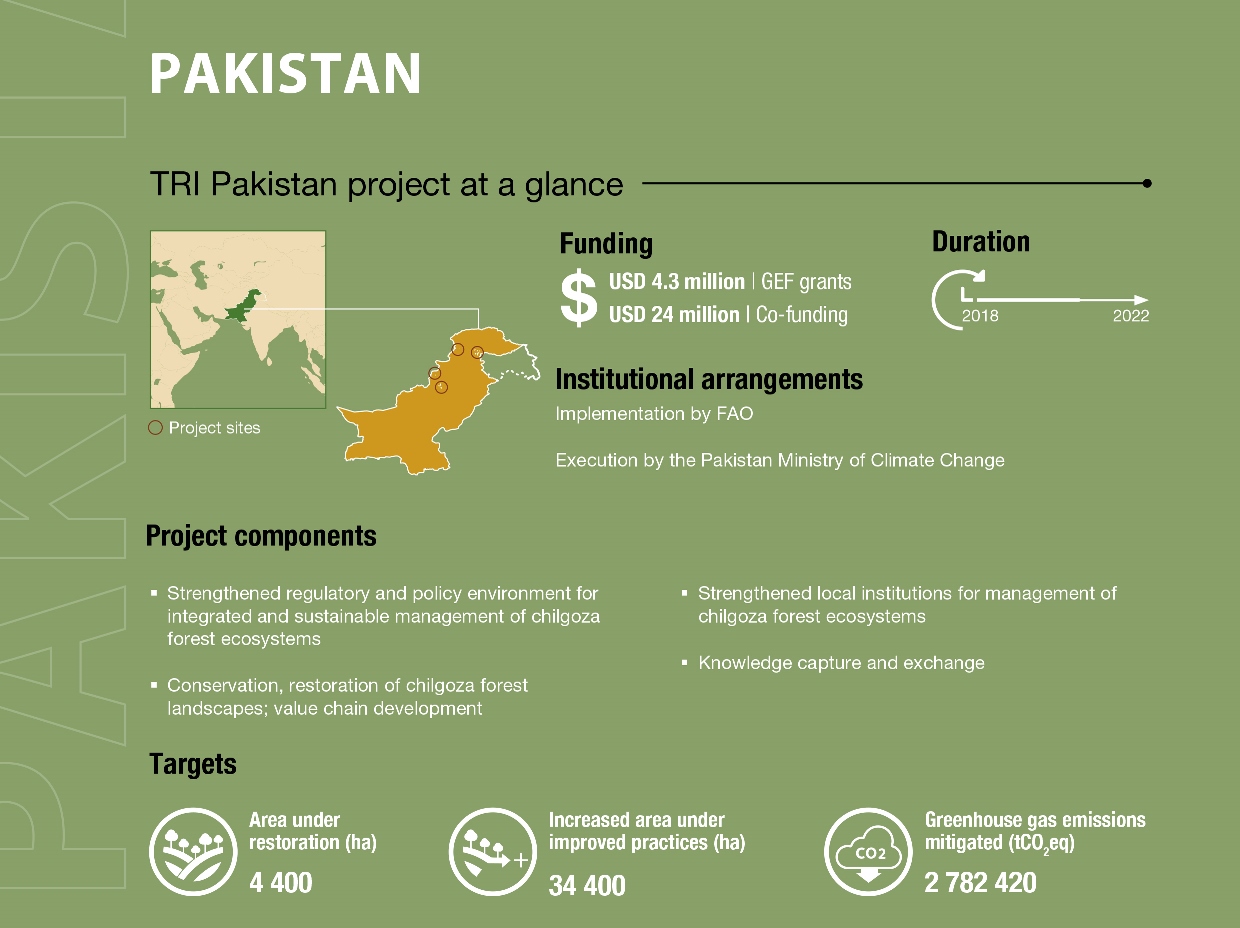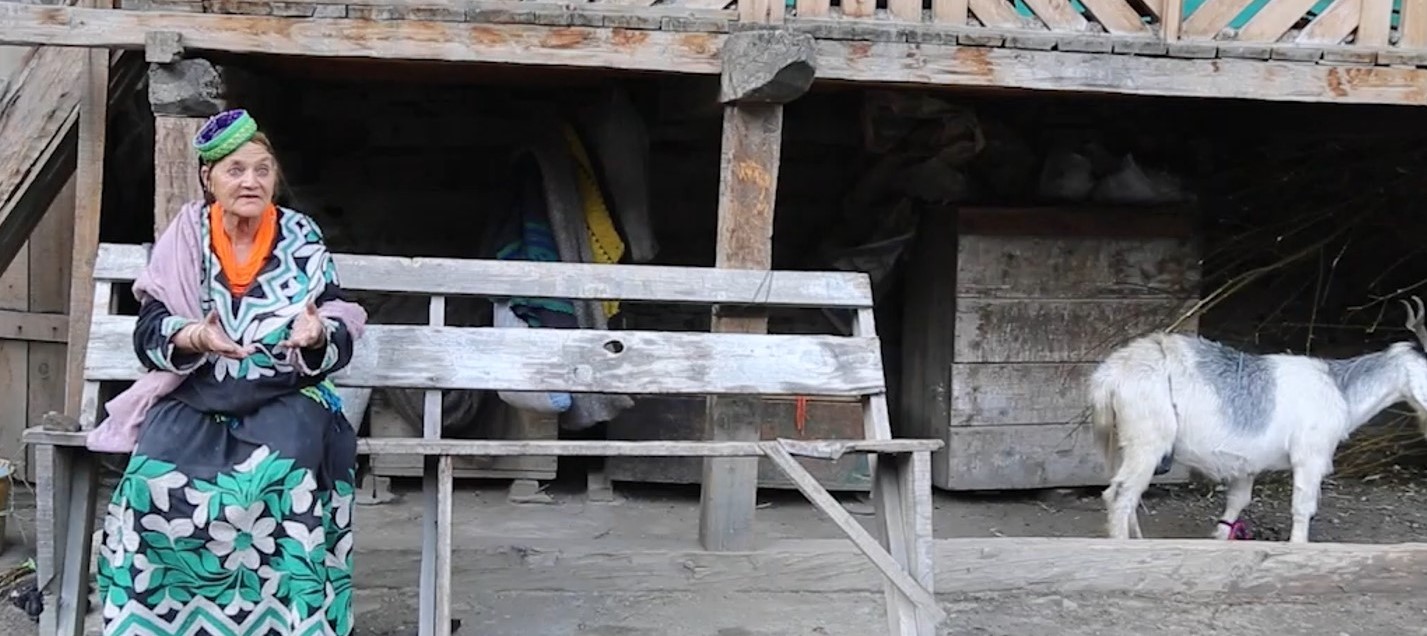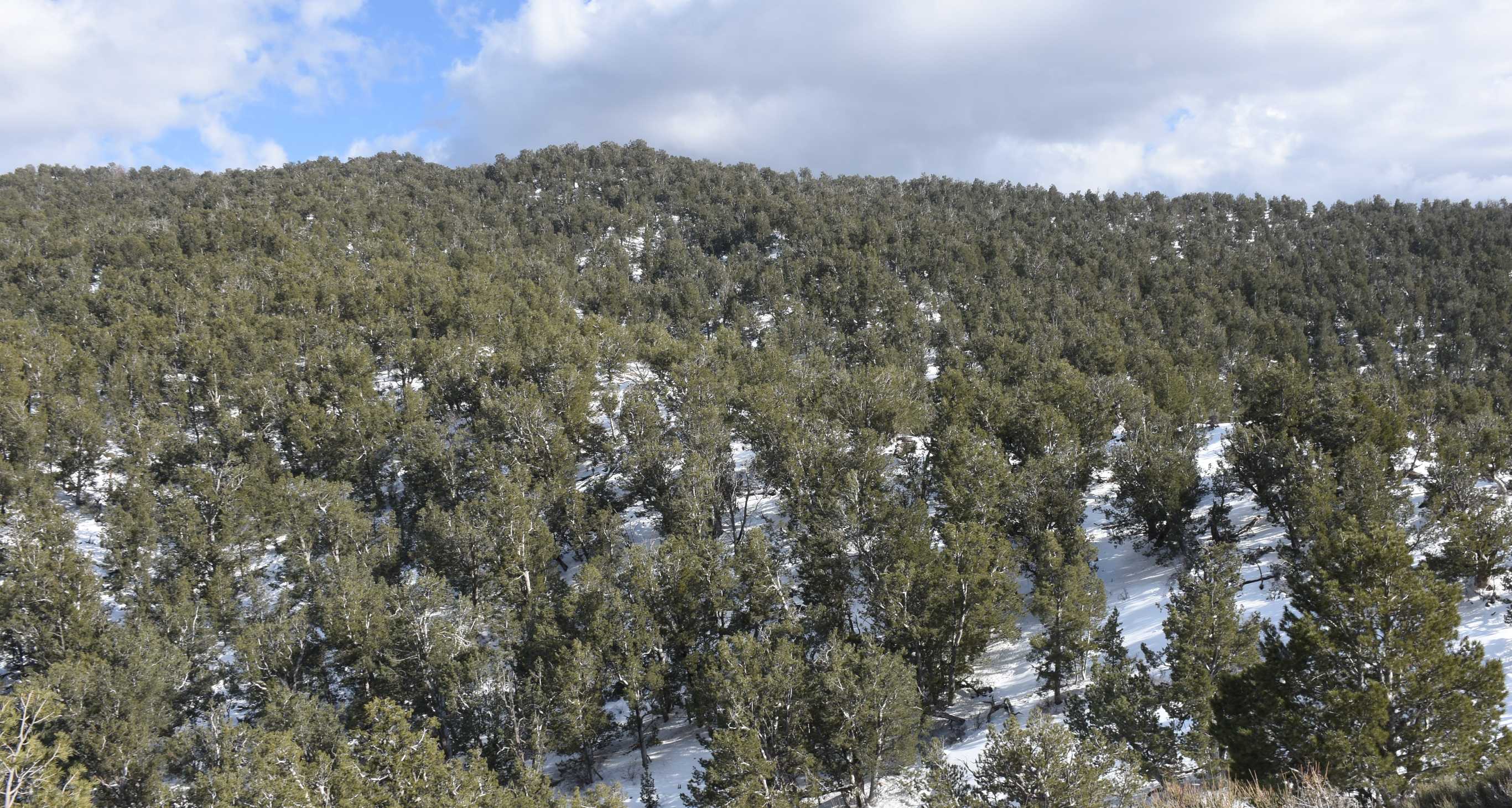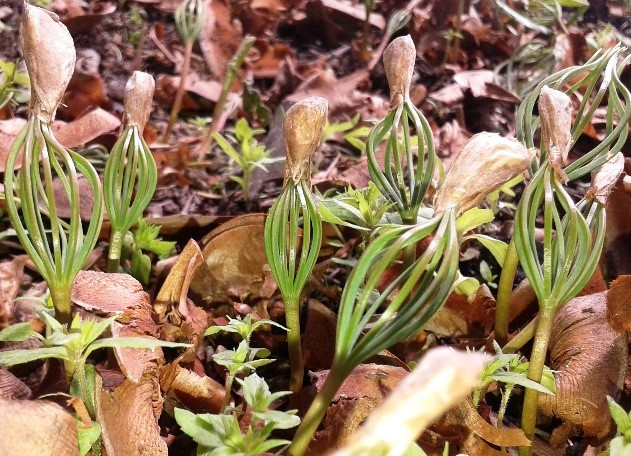TRI’s project in Pakistan is working to restore and protect a unique and threatened ecosystem – chilgoza pine forests – found in the Hindukush-Karakoram-Himalaya region of North Pakistan at elevations of 2,000 to 3,350 metres. These forests, which include a mix of chilgoza pine trees as well as other species of coniferous trees, including the deodar and the blue pine, hold tremendous importance from both ecological and economic perspectives.
Within chilgoza forests, the deodar and the blue pine are valued principally for their timber, while the chilgoza pine tree is valued for its nuts, which are consumed locally and sold on both national and international markets. Other important goods sourced from these forests include medicinal plants, mushrooms and honey, which all positively contribute to local livelihoods. In addition, this ecosystem is home to globally threatened fauna, including the rare and endangered snow leopard, the Himalayan lynx, the Kashmir markhor, wolves and black bears.
Despite its high value, the chilgoza forest ecosystem is being degraded through a number of factors, including illegal wood harvesting. In some cases, the forest is degraded by the very practices used to harvest the chilgoza pine nuts. And natural regeneration of the forest is hindered by uncontrolled grazing, overexploitation of medicinal plants and overcollection of cones in some areas. The solution to combatting degradation could ultimately come from the chilgoza pine itself, by providing an economic incentive for conservation and restoration.
With project support and through taking advantage of increases in the price of chilgoza nuts, local people are increasingly motivated to stop cutting trees and collect the nuts for revenue instead. Communities in all four project sites have agreed on a plan for the collection and use of the pine cones, and have established guidelines for cone collection to avoid any injury to the trees and surrounding forests.
TRI’s Pakistan project is working with local communities to enable them to capture a greater share of the revenue from post-harvest processing of the chilgoza nuts. Development of local processing and value-added capacity will in turn provide further incentives to sustainably manage the chilgoza ecosystem.
Another way in which TRI’s project is working to support the sustainable management of the chilgoza ecosystem is through the promotion of chilgoza forest protection and conservation committees (CFPCCs). CFPCCs are comprised of community members and registered by the local forest department. Once registered, CFPCCs are given responsibility for managing grazing exclusions in the forests, supporting assisted natural regeneration where needed,managing plantations and supporting biodiversity conservation. CFPCCs also play a role in controlling illicit cutting of trees for timber and fuelwood. Entering its second year, the project will support 12 CFPCCs with 2 200 ha under restoration practices, including 1800 ha through assisted natural regeneration. The system will create strong incentives for the local communities to support the chilgoza ecosystem over the long term.




